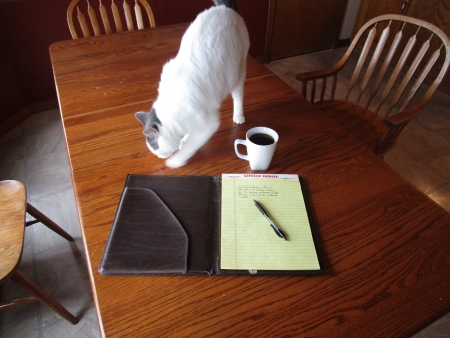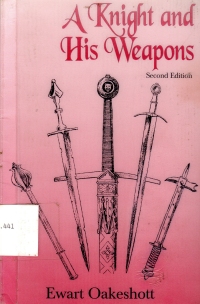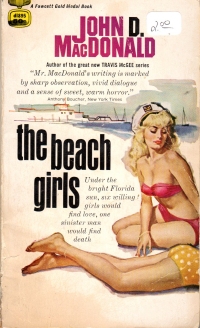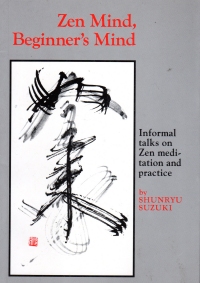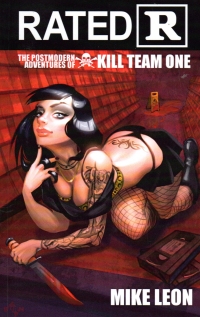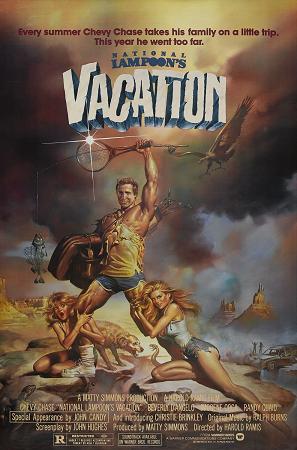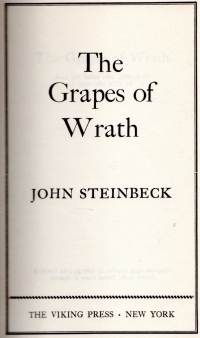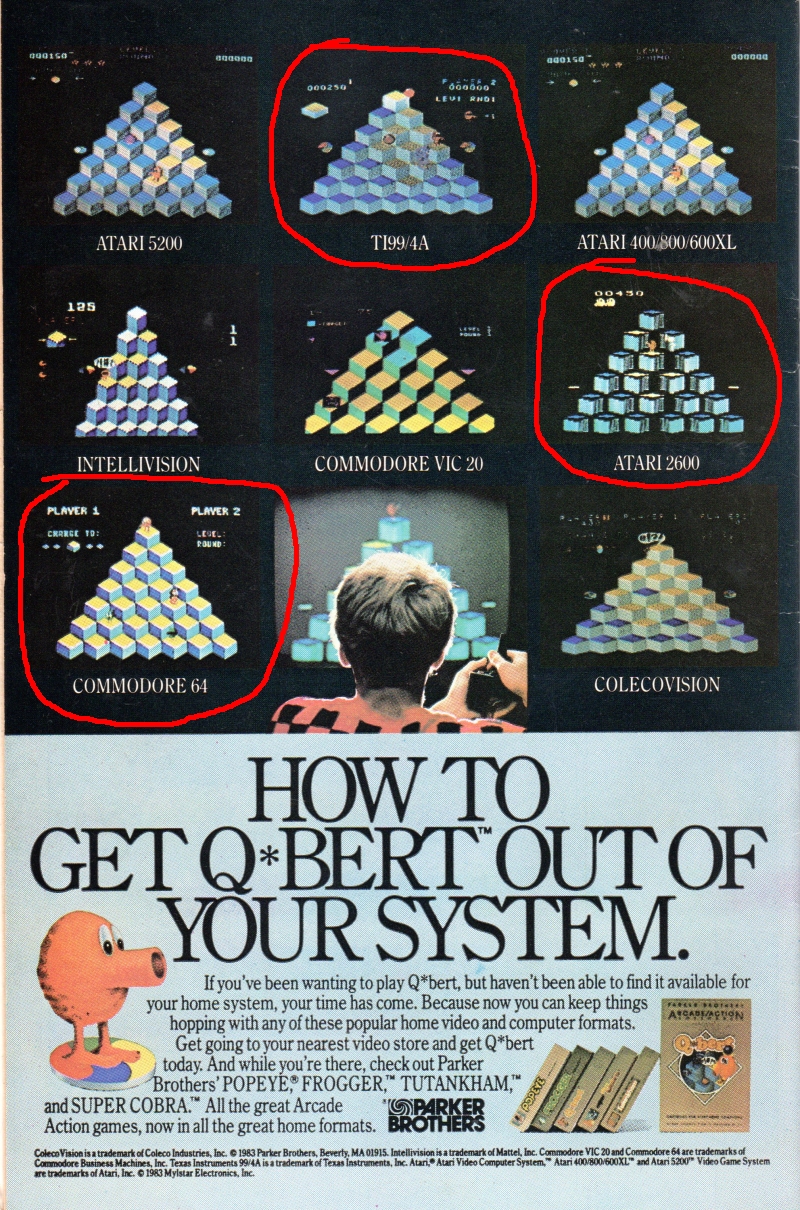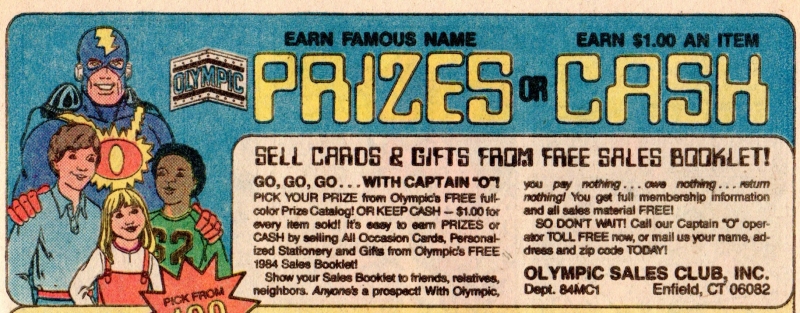The following is an essay I wrote in college. It used to be hosted at Bullets and Beer, a Spenser Fan site (and still is, for the nonce, here, but the site looks to have been defunct for a while now. For my own convenience, and because it’s my essay, dammit, I’m putting it here.
The Community Library, all that Jefferson County, Missouri, offered its few literate residents in the mid nineteen eighties, cowered on the bottom floor of a strip mall on High Ridge Boulevard. High Ridge Boulevard, the main street of High Ridge, Missouri, carried little enough traffic as it was, and not much of that traffic found its way into the small, one-room library down the hall from the license bureau and across the hall from a going-nowhere travel agency.
Me, I was trying to be a hard bitten city kid in the middle of extra-urban Missouri. Not rural enough for farms, not developed enough to qualify as suburbs, Jefferson County offered everything a growing kid without a car would not want.
I have been a fan of Robert B. Parker since my freshman year of high school. Crime fiction captivated me early, so by the time I finished middle school, I had run through all of the small Jefferson County, Missouri, Community Library’s copies of Mickey Spillane, Raymond Chandler, Gregory MacDonald, Ross MacDonald, and John D. MacDonald. I stood before the dimly-lit Mystery shelf, amid the musty, if not misty, donations, planning on another bout of Russian roulette with the unknown authors. I remembered that at the end of every episode of Spenser: For Hire, which I could only watch during summer vacation since it came on at 9 p.m., the credits revealed that the show was based on the novels by Robert B. Parker. The TV show was tolerable, so I thumbed the shelf below the Sara Paretsky, not quite to the T. Jefferson Parker. Bingo. Several books, certainly enough to check out for the week while I was in High Ridge. I would in later investigations discover one of the volunteers at the library was almost as big of a fan as I was to become. All of the Spenser novels to that date stood proudly on the bottom shelf.
I read all of them quickly; during the school lunch hour, between classes, and, as often as possible, during classes. I watched the best-seller lists in hopes that there would be a new listing by Robert B. Parker, and when there was, it was only a matter of time before the tasteful library volunteer would donate it to the library.
Spenser became my hero, my blueprint for what a man should be. My own father was four hundred miles away, so I adopted a literary surrogate. Spenser quotes poetry and can do one-armed push-ups. He is cool under fire and makes smart remarks. In short, he is a hero that lots of teenagers could look up to if they bothered to read. I did, and he was mine.
I did not draw the line at Robert B. Parker’s Spenser novels. I sought out copies of his other three books, Three Weeks in Spring, Wilderness, and Love and Glory. Through them I could determine some sort of story line for Mr. Parker’s life, and I liked what I read into the books. He obviously felt similarly toward his wife as Spenser did to Susan Silverman, and I found the real-world crossover of what I would call “real” love to be inspiring in this world of divorces and broken homes. I felt bound to this writer, a fellow crime fiction novelist, who projected himself into his character and thought himself a writer and a lover. I can only hope to be as successful someday as he is.
I also felt a surge of respect for Mr. Parker when I read an essay of his in a collection called Colloquium on Crime, in which he says that he doesn’t care what the critics say about his books; as long as the books sell, he is happy. That’s the sort of attitude I like, and the kind I might like to have when I start becoming a famous writer.
The day of the signing was sunny and cloudless in Milwaukee. I woke early, showered, shaved, and primped myself–for meeting Robert B. Parker, but also in case I had to rush directly from the book-signing to work. I took an early bus downtown and sat in the sunshine, looking through the copy of Paper Doll that I had bought when it was first available.
I got to the bookstore a few minutes early and found a line of about twenty people waiting for their chance. I caught a glimpse of him as I took my place at the end of the line. Ahead of me were others with Paper Doll in hand, many of which, I suspected, were bought at the counter display moments ago. The woman in front of me was about five six, gray hair, spectacles, and she carried her copy of the book in a paper bag. Ahead of her was a businessman probably on his lunch break. Who were these people, and why did they want his autograph? He was not their hero, at best he was just a writer they liked.
My only other experience seeing authors in bookstores was a lonely guy in the Waldenbooks in Northridge. Nobody knew who he was, and nobody dropped by to buy his book nor ask his autograph. It was rather like the book signing party attended by Rachel Wallace in the Spenser novel Looking for Rachel Wallace. There was a line here, and these people certainly didn’t feel the special kinship I do for Robert B. Parker. I wonder if many of them knew which poem of Keats that Spenser refers to in Early Autumn, or who said “Wouldn’t it be pretty to think so?” that is referred to in Double Deuce. I wonder how many of them are fans of Raymond Chandler. I hope not too many, for I suspected it would trivialize the hero worship I feel for the man.
The line moved pretty quickly, and even though it seemed like a quick forever, we were moving forward. Ahead of me, a bookstore employee commented that Mr. Parker was not allowing her to open the books to expedite the signing–Mr. Parker was doing it himself so he could talk a bit to his fans. I felt admiration swell within me.
As I had tried to get to sleep the night before, all the things I wanted to say to him ran through my mind. I knew my moment would be brief, and I wanted to say something that would strike him, impress him, or otherwise make my face something more than a forgotten blur in one of the bookstores he would visit that day. I was going to tell him that I was a senior up the road at Marquette and hyperbolize that I chose the college simply because Marty Rabb, from the book Mortal Stakes, was an alum. I wanted to tell him that in the course of playing softball, a sport he plays as well, I broke my nose and tried to calculate how many breaks behind Spenser I was. I wanted to promise an inscribed copy of my first published novel to repay him; I wanted to welcome him to Milwaukee and term it “Boston West”. All of these things I wanted to say in my minute, but of course I didn’t want to sound like a babbling idiot or some sort of shut-in who only lives life through the Spenser novels (I live life through all sorts of other novels, too).
“Freda. F-R-E-D-A” was the gray haired woman ahead of me, and she was done rather quickly. Some man in a business suit had chosen this opportunity to interview Mr. Parker at length, and he was standing to the side, talking. I stepped up to the table, fearing an anxiety attack, a dry mouth, a sudden death, none of which actually came.
He is a stocky man, of the hard build that he has put into his fictional alter-ego. He looked the same as the pictures on the books and like the interview I saw on Today, except animated in a way that television and still photographs will never capture. “A name?” he asked.
“Brian. B-R-I-A-N,” I said clearly, and surprisingly audibly. As he wrote the inscription, I picked which of the previous night’s gems I was to offer. “I’ve got to tell you, each time I re-read your novels, I always manage to catch and place another literary allusion. It’s good to see my college education being put to a positive use.”
His eyes did seem to twinkle a bit when he looked up to give my book back. “It’s a good thing,” he said, or words to that effect, and I thanked him and walked out into the blinding Milwaukee sunshine. I hoped that I at least gave him some spot of cheer, some glimmer of humor. It hardly compares with the joy his novels have given me, but it was some token.
I played it cool and waited until I got to my bus stop to see what he had written. “Brian, all best wishes, RBP” in his characteristic scrawl. I closed the book, but before my bus came I had looked at it three more times and during the ride home I began to read the book again. It still says that, and I look every once in a while to check, and I show the inscription to everyone who comes too close to me. I told everyone I saw that day that I met Robert B. Parker, and most of them asked me who he was. It did not offend me in the least; rather, it proved to me that I was among the elite, or at least the literate, or maybe just the few people left in the world who have real heroes and are proud of it.
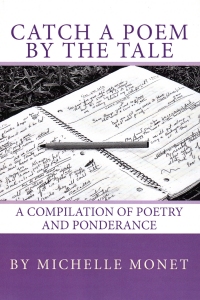 My beautiful wife bought this book from a Facebook friend because a portion of the proceeds went to help people recover from the Tennessee wild fires last year. She might have given it to me, or I might have taken it from her in a fit of kleptomania. Regardless, I started working through it during the football season as I often do such volumes of poetry, and I recently picked it back up from the stack of books beside the sofa where some of the books have been sitting for several football seasons awaiting my perusal. It’s like the Rooneyfication of reading materials over there.
My beautiful wife bought this book from a Facebook friend because a portion of the proceeds went to help people recover from the Tennessee wild fires last year. She might have given it to me, or I might have taken it from her in a fit of kleptomania. Regardless, I started working through it during the football season as I often do such volumes of poetry, and I recently picked it back up from the stack of books beside the sofa where some of the books have been sitting for several football seasons awaiting my perusal. It’s like the Rooneyfication of reading materials over there.


